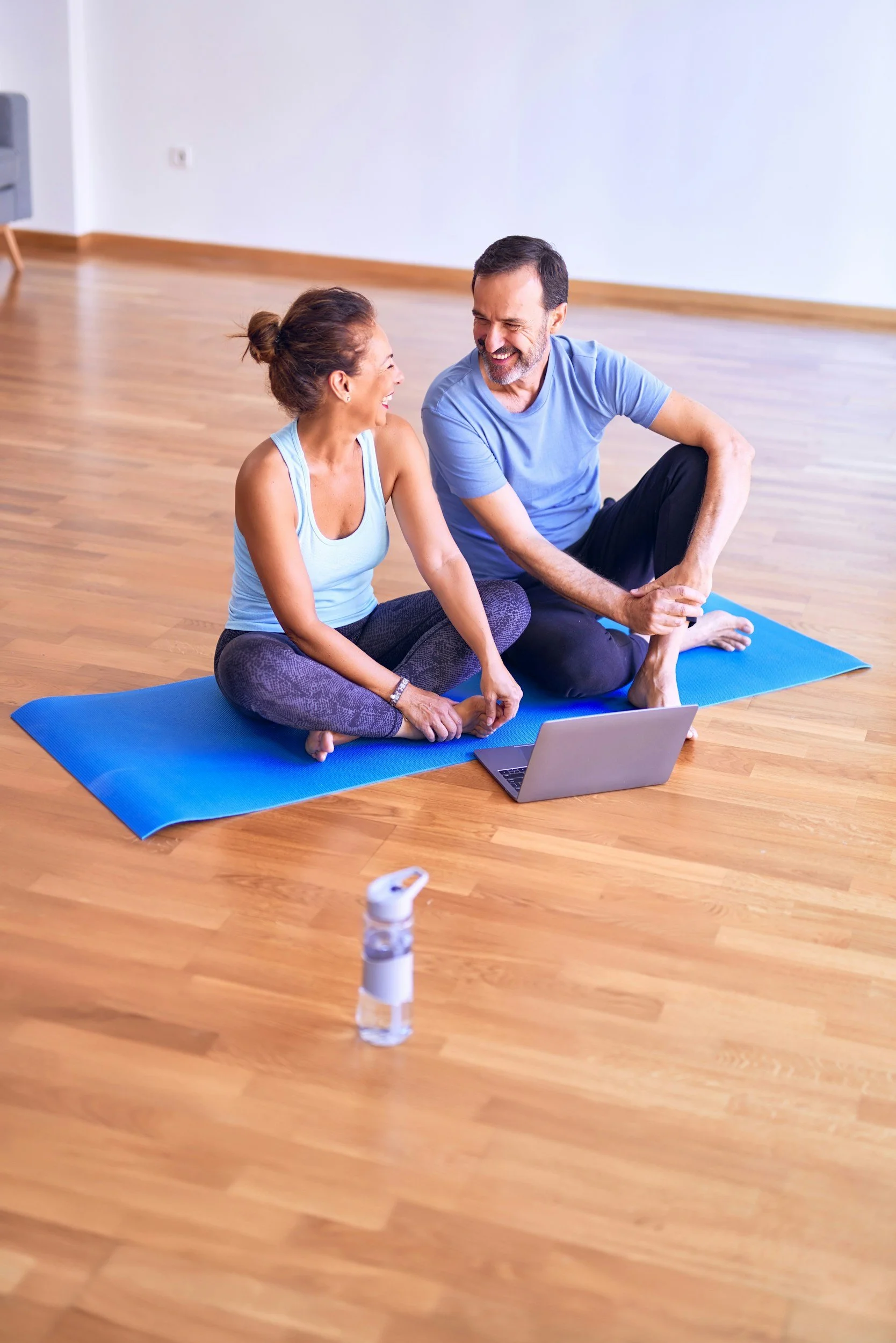
Fitness Over 50: Benefits, Risks, and Science‑Backed Tips
Starting or continuing a fitness journey after age 50 can feel intimidating, but it’s one of the best investments you can make in your health and independence. Regular exercise is like a powerful medicine: it can help prevent chronic diseases, keep your body strong, and even improve your mood and memorypubmed.ncbi.nlm.nih.gov. In fact, while aging naturally brings some loss of muscle and stamina, staying active can dramatically slow these declinespubmed.ncbi.nlm.nih.gov. In this post, we’ll explore how different types of training – from strength and cardio to balance and flexibility – benefit adults over 50, what the risks and considerations are, and how to get started safely. Whether you’re a complete beginner or a lifelong exerciser, it’s never too late to reap the rewards of fitness.


Why You Feel Stiff After Sitting for Prolonged Periods: A Physiological Perspective
Why do I feel so freaking Stiff?!?


So You are Still Foam Rolling? It’s 2025…come on!
Wait…are you sure you want to foam roll?


Lateral Epicondylitis and Physical Therapy: A Comprehensive Guide
Tennis elbow, the rehab isn’t as complex as you may think

Patellar Tendon Irritation: Understanding and Managing the "Jumper's Knee"
Patella tendon pain…aka jumper knee…aka runner’s knee

Understanding Rotator Cuff Tears and the Role of Physical Therapy Post Title One
What to know about rotator cuff tears.

What Happens When You “Crack Your Back”? Myths, Facts, and the Science Behind It
Can I crack my back? Why does it feel good? Is it ok?